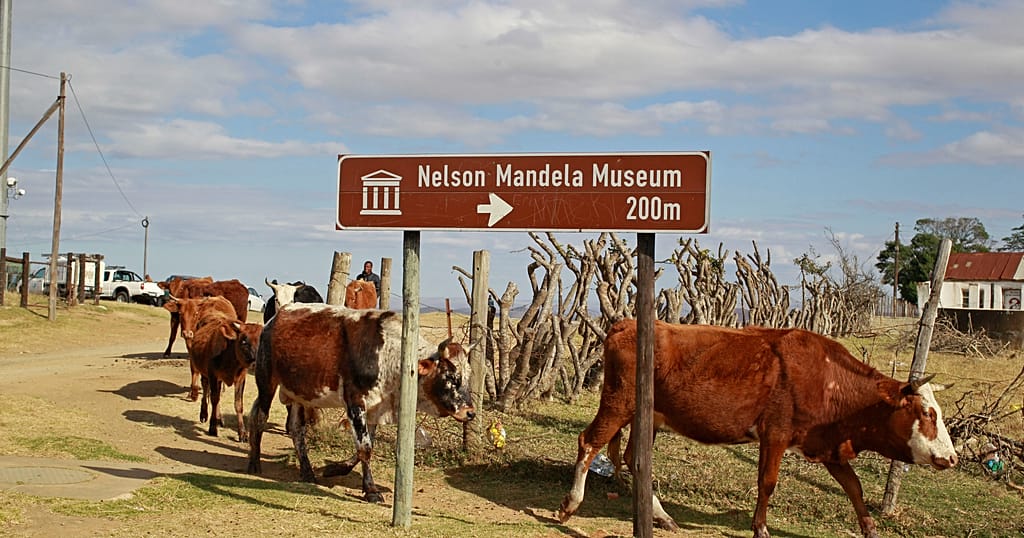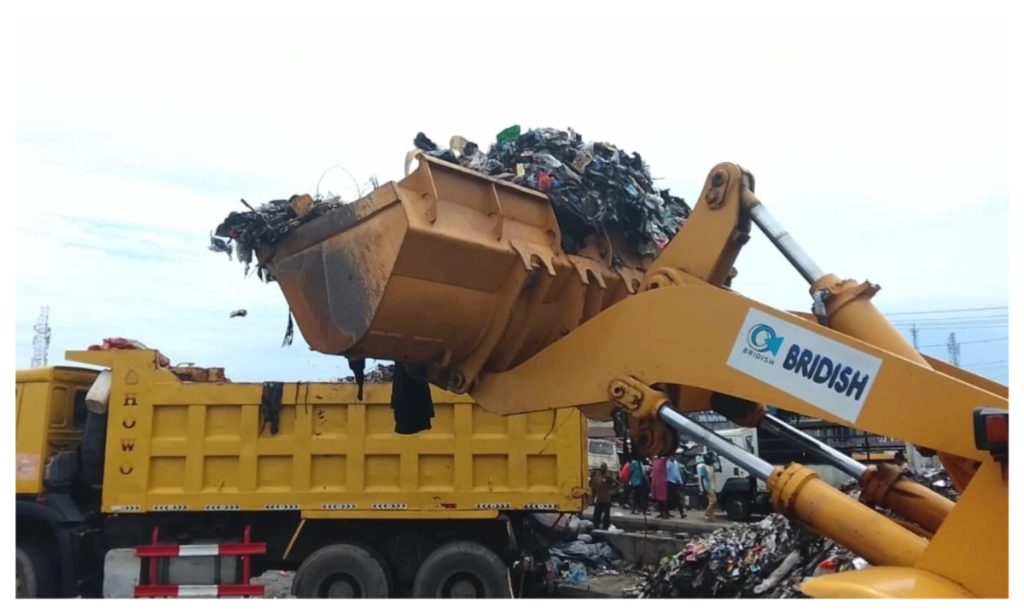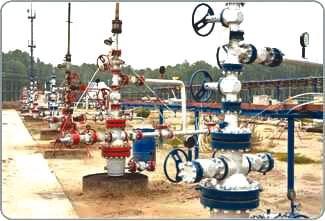The Dangote Refinery has denounced the leadership of the Petroleum and Natural Gas Senior Staff Association of Nigeria, PENGASSAN, as terrorists. This statement was made in response to PENGASSAN’s directive to its members to embark on a nationwide strike, cutting gas and crude supply to the refinery. The strike action follows the recent mass dismissal of workers by Dangote Refinery for voluntarily joining the union.
PENGASSAN’s decision to direct its members to down tools is seen as a reaction to the refinery’s move to sack workers who chose to join the union. The refinery, however, views PENGASSAN’s action as a “bully tactic” that would have far-reaching consequences on the economy, particularly on the majority who rely on petroleum products such as kerosene, cooking gas, petrol, diesel, and aviation fuel.
According to the Dangote Refinery, the actions of PENGASSAN’s leadership are not in the best interest of Nigerian workers or the nation at large. The refinery stated that the union has consistently served interests other than those of Nigerians and Nigerian workers. The refinery’s statement emphasizes the need for the union’s leadership to be called to order, given their perceived terrorist-like behavior.
On the other hand, PENGASSAN has accused Dangote Refinery of sabotaging Nigeria’s economy by unjustly sacking 800 workers. The union’s’action is intended to draw attention to the plight of the sacked workers and to pressure the refinery to reinstate them.
The developments between Dangote Refinery and PENGASSAN have significant implications for Nigeria’s economy, particularly the petroleum sector. The strike action is likely to exacerbate the existing challenges in the sector, including fuel scarcity and increased prices. As the situation unfolds, it remains to be seen how the parties involved will resolve their differences and find a way forward that benefits all stakeholders.
The dispute between Dangote Refinery and PENGASSAN is a reminder of the complexities and challenges faced by the petroleum sector in Nigeria. The sector is critical to the nation’s economy, and any disruptions can have far-reaching consequences. As such, it is essential for all parties involved to engage in constructive dialogue to find a resolution that balances the interests of workers, employers, and the nation at large.



